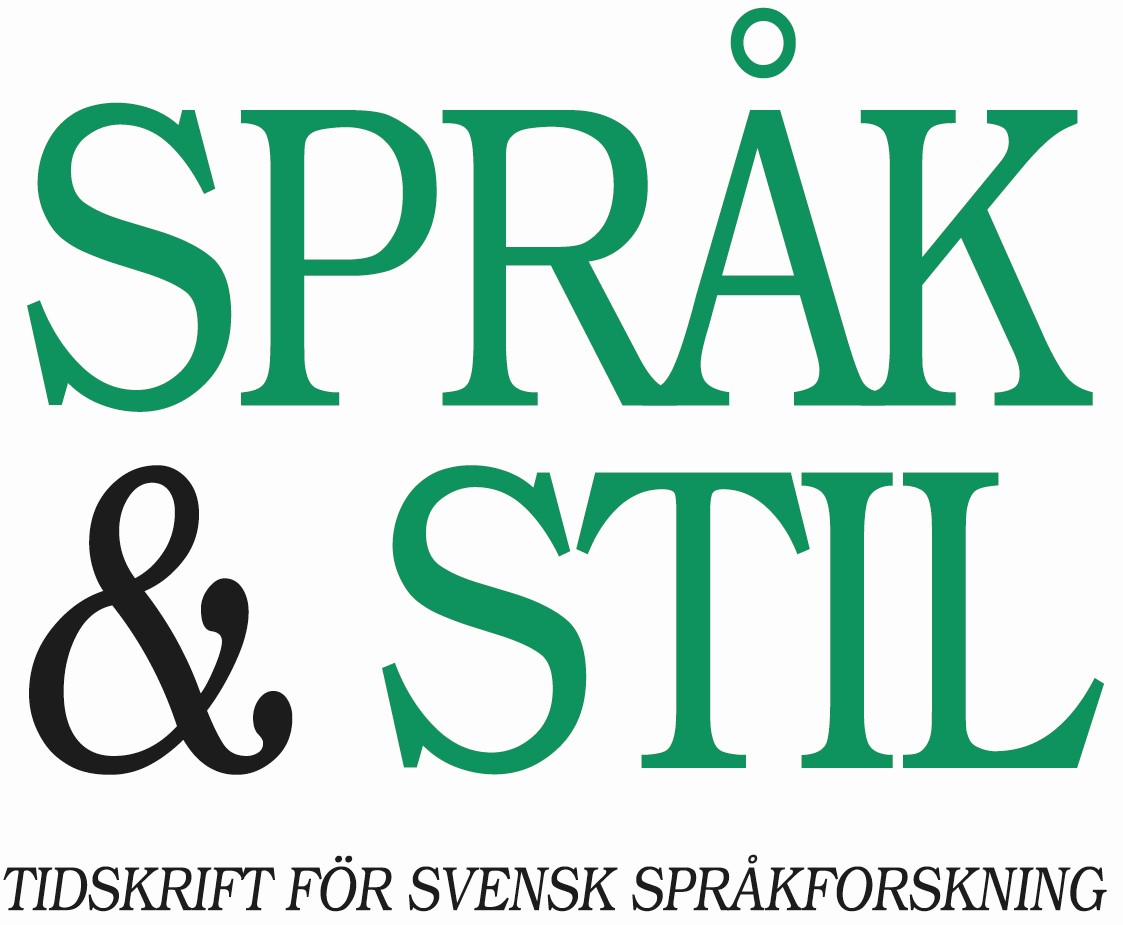At queere flersprogethed og migration
DOI:
https://doi.org/10.33063/diva-434156Nyckelord:
Denmark, frisind, Israel, language ideology, migration, multilingualism, queer theoryAbstract
This article seeks to partly redress the ways in which sexuality has been overlooked in multilingualism scholarship, especially in the Nordic countries. We do so by queering multilingualism in contexts of migration in two seemingly different contexts, Denmark and Israel, which however share a commonality: they are both widely recognized as ‘liberal’ countries with regard to sexuality. Through analysis of an eclectic corpus of data encompassing news reports, educational material and documentaries, we illustrate problematic language ideological ties that link certain languages – Danish and Hebrew – to notions of sexual liberation and freedom while associating other languages such as Arabic with intolerance and sexual backwardness. We also show the existence of sexual double standards: Denmark has a self-perception as being a nation that safeguards sexual tolerance. However, there are compulsory courses in Danish sexual morality for migrants. Taught in Danish, these courses are based on the belief that there are special rules for sexuality, which migrants must learn to demonstrate that that they ‘fit in’. Similarly, Israel has important legislation that recognizes the rights of sexual minorities and has succeeded in marketing itself as an attractive LGBT tourist destination. However, this alleged paradise of sexual liberation is not equally accessible to all who identify as queer. Paradoxically, queer Palestinian men from the West Bank are forced to hide themselves in the gay bubble, Tel Aviv.
Downloads
Publicerad
Nummer
Sektion
Licens

Det här verket är licensierat under en Creative Commons Erkännande 4.0 Internationell-licens.
Författare som bidrar till Språk & stil har givit sitt medgivande att publicera sina artiklar under en Creative Commons-licens (Creative Commons CC-BY 4.0), vilket ger tredje part rätt att kopiera och återdistribuera materialet i vilket medium eller format som helst. Det ger också tredje part rätt att bearbeta, förändra och vidareutveckla materialet för vilket syfte som helst, inklusive kommersiellt, på villkor att tydligt erkännande ges till verkets upphovsperson, att en länk till licensen tillhandahålls och att det tydliggörs om ändringar av verket har gjorts. Detta ska göras på skäligt vis, och får ej förespegla att licensgivaren godkänner tredje part eller vederbörandes användning av verket. Författaren/författarna behåller copyright till verket.


